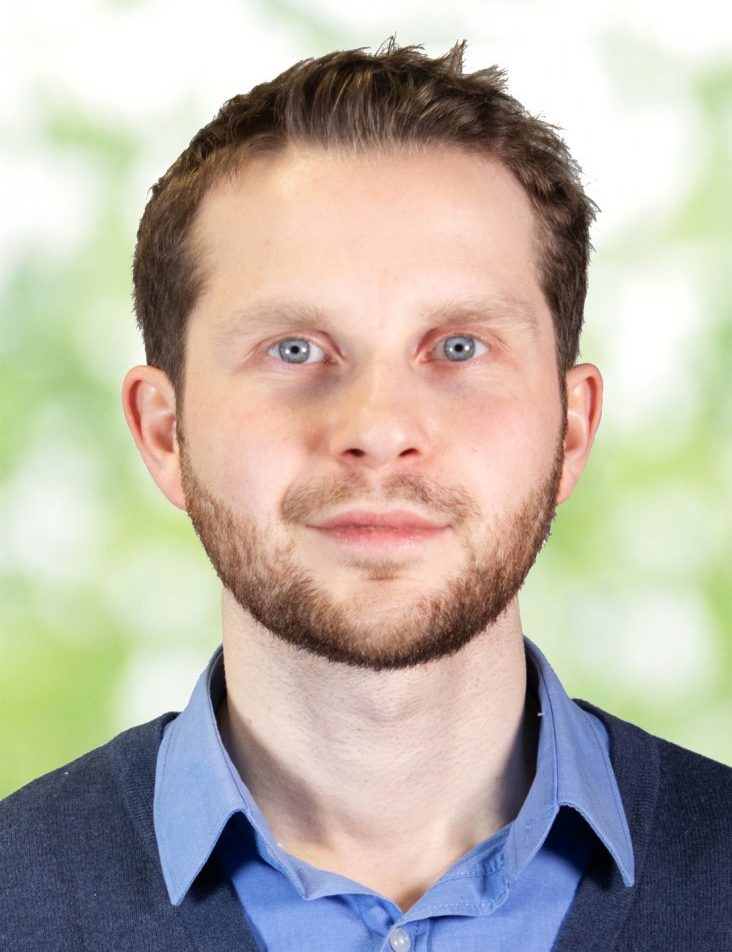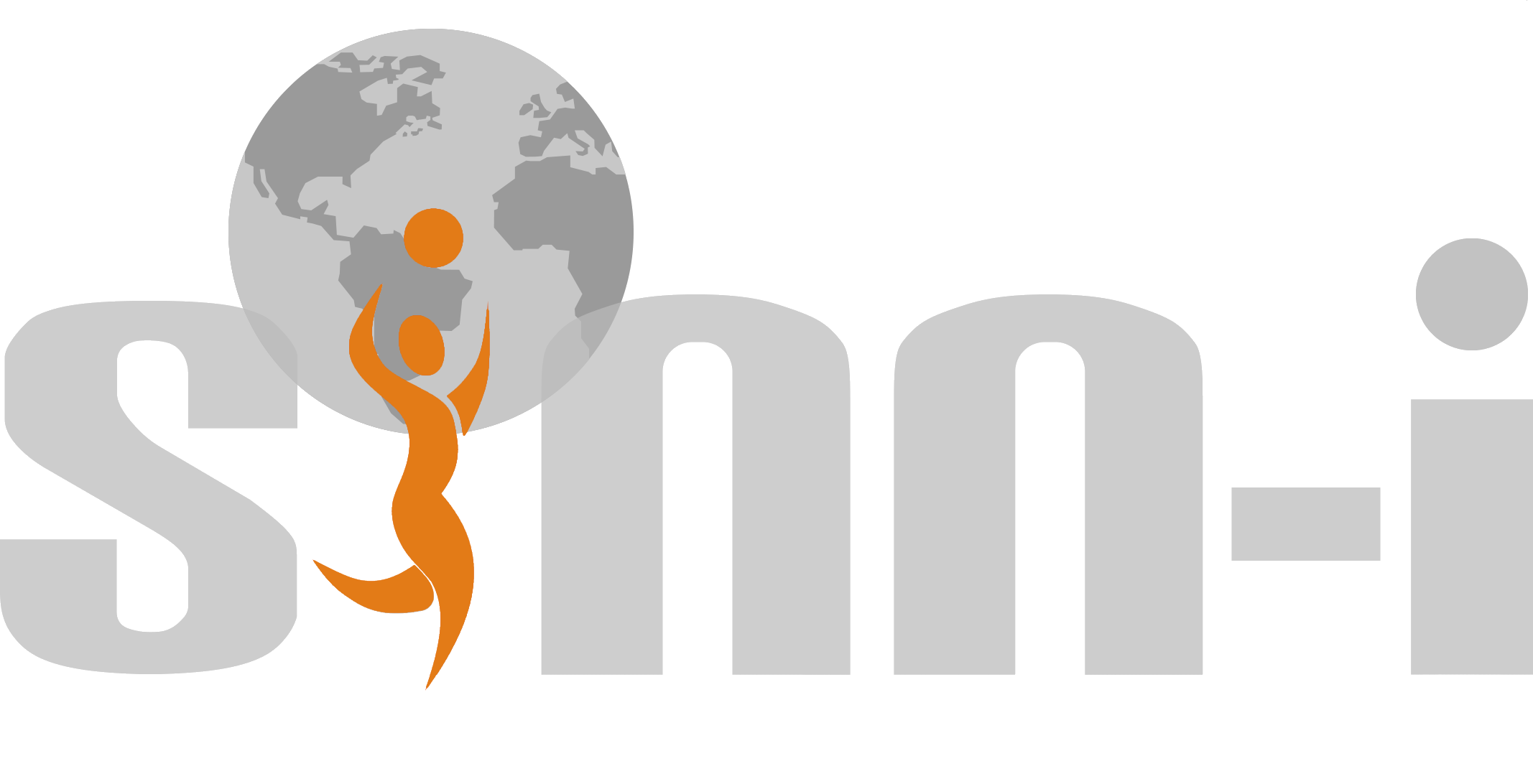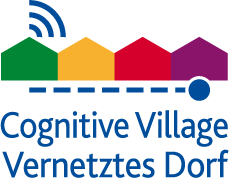 M.Sc. David Struzek
M.Sc. David Struzek
Wissenschaftlicher Mitarbeiter in den Projekten Fusion TV4: „Gesundheit & Altern“ und TeleDiag@smart.
Raum: US-E 116
Telefon: +49 (0) 271/ 740 3069
Mail: david.struzek(at)uni-siegen.de
Betreeung von Abschlussarbeiten in den Bereichen:
Vita
David Struzek arbeitet als wissenschaftlicher Mitarbeiter am Lehrstuhl für Wirtschaftsinformatik an der Universität Siegen im Bereich „IT für die alternde Gesellschaft“. Seit dem 1.6. koordiniert er das Forschungsprojekt Acitve City Innovations an der Universität Siegen, das sich unter anderem mit dem Thema „Freude und Bewegung im öffentlichen Raum“ beschäftigt. Zudem unterstützt im Projekt Digi.DoM (www.digitale-dorfmitte.de) das Team bei der Einführung und Erforschung von Alltagstechnologien mit Schwerpunkt auf ältere DorfbewohnerInnen.
Der Schwerpunkt seiner Doktorarbeit behandelt das Thema „Smart Rural Areas“ aus der Perspektive der Sozialinformatik zur Förderung der gesellschaftlichen Teilhabe durch Technologie. David Struzek absolvierte seinen Master (M.Sc.) in Human Computer Interaction am gleichnamigen Lehrstuhl. Im Rahmen seiner Masterarbeit untersuchte er im BMBF-geförderten Forschungsprojekt „Cognitive Village“ die Entwicklung eines persuasiven Systems zur Bewegungssteigerung im Kontext der alternden Gesellschaft. Den Bachelor (B.Sc.) hat Herr Struzek an der TH Köln im Studiengang Medieninformatik erlangt. In seiner Bachelorarbeit beschäftigte sich in dem von der Universität Siegen durchgeführten Kooperationsprojekt „Hilfe, Rat & Tat für Mieterinnen und Mieter“ mit den Gestaltungsanforderungen mobiler Endgeräte für älterer Nutzerinnen und Nutzer.
Weiteres Forschungsinteresse hat Herr Struzek im Bereich Human-Computer-Interaction, User Experience, Usability & Accessibility und Creative Science. Weitere Erfahrungen sammelte Herr Struzek durch seine Selbstständig im Bereich Webdesign/-programmierung und Art Licensing.
Active City Innovation

Die Universität Siegen möchte in einem experimentalen Szenario mit dem Schwerpunkt „Tanz und Bewegungsfreude im öffentlichen Raum“ BürgerInnen der Stadt Siegen mit Hilfe technischer Alltagslösungen im öffentlichen Raum zum (gemeinsamen) Tanzen und Bewegen motivieren. Erfahrungen und Ergebnisse dieses Szenarios und der entwickelten Anwendungen, sollen dem Projekt „Active City Innovation“ zu Verfügung gestellt werden, das als Ziel den Aufbau eines anwendbaren Leitfadens zur Entwicklung von aktiven Städten anstrebt. Aktive Städte versuchen durch innovative Konzepte die Bewegung und das Wohlbefinden der BürgerInnen zu steigern und damit die Lebensqualität zu verbessern.
„Active City Innovation“ (ACI) ist ein Teilprojekt des großen internationalen Sport-Innovations-Netzwerks Projekts (SINN-I), das sich zum Ziel gesetzt hat, Innovationen in den Bereichen Bewegung, Gesundheit und Lebens- und Bewegungsfreude weltweit zu fördern.
Weitere Informationen zu ACI und SINN-I:
https://www.sinn.international/
Digitale Dorfmitte
Digitale Dorf.Mitte (Digi.DoM) setzt an den Themen und Bedürfnissen der Dörfer und ihrer Bewohnerschaft an, nimmt bestehende Projekte und Initiativen zum Anlass konkreter digitaler Entwicklung und ist Teil einer übergeordneten regionalen Strategie. Bewährte technische Lösungen werden projektbezogen angepasst. Digitale Dorf.Mitte hat eine Laufzeit von rund zweieinhalb Jahren (12/2017 – 4/2020). Es ist ein Projekt der Universität Siegen, das vom Bundesministerium für Ernährung und Landwirtschaft im Rahmen des Programms „Land.Digital: Chancen der Digitalisierung für ländliche Räume“ gefördert wird. Kooperationspartner sind die LEADER-Region Wittgenstein und die Regionale Südwestfalen 2025 mit dem Schwerpunkt Digitalisierung.
Weitere Informationen zu Digitale Dorfmitte
https://www.digitale-dorfmitte.de




